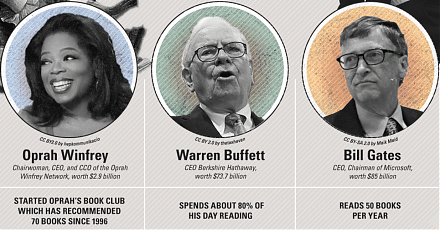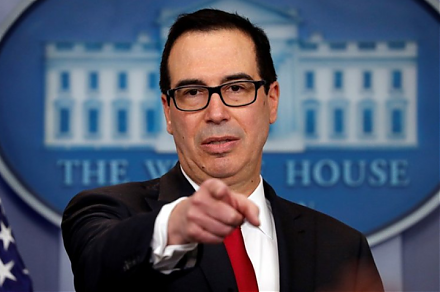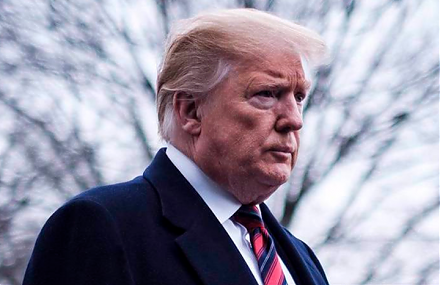

2018-12-15 14:38:00 Sat ET
technology antitrust competition bilateral trade free trade fair trade trade agreement trade surplus trade deficit multilateralism neoliberalism world trade organization regulation public utility current account compliance
Google CEO Sundar Pichai makes his debut testimony before Congress. The post-mid-term-election House Judiciary Committee bombards Pichai with key questions on whether the Internet search company harbors political bias. Lawmakers further ask him about some recent Google plans to re-enter the Chinese market with its Project Dragonfly and user privacy initiatives. Pichai pushes back against several allegations and accusation of partisan bias. He emphasizes the fact that Google provides Internet platforms for both diverse and open perspectives and opinions while there is no shortage of them among Google executives and other employees.
Pichai leads the Internet search platform enterprise without political bias and thus works hard to ensure that all Google software products continue to operate that way. He also emphasizes the core conviction that any form of political bias would be inconsistent with the main principles and business interests of Alphabet, Google, and their affiliates.
The congressional testimony sheds new light on the Google PageRank black-box algorithm, which takes into account online content curation, backlink creation, and numerous other traffic-driven metrics for efficiently ranking webpages worldwide. However, this testimony leaves open the more urgent questions about the recent Google security breaches, bulk data collection practices, anti-competitive gambits, and potential antitrust regulations.
If any of our AYA Analytica financial health memos (FHM), blog posts, ebooks, newsletters, and notifications etc, or any other form of online content curation, involves potential copyright concerns, please feel free to contact us at service@ayafintech.network so that we can remove relevant content in response to any such request within a reasonable time frame.
2019-09-30 07:33:00 Monday ET

AYA Analytica finbuzz podcast channel on YouTube September 2019 In this podcast, we discuss several topical issues as of September 2019: (1) Former
2020-01-15 08:31:00 Wednesday ET

Anti-competitive corporate practices may stifle U.S. innovation. In recent decades, wage growth, economic output, and productivity tend to stagnate as U.S.
2018-07-23 07:41:00 Monday ET

President Trump now agrees to cease fire in the trade conflict with the European Union. Both sides can work together towards *zero tariffs, zero non-tariff
2018-10-13 10:44:00 Saturday ET

Dow Jones tumbles 3% or 831 points while NASDAQ tanks 4%, and this negative investor sentiment rips through most European and Asian stock markets in early-O
2019-11-21 11:34:00 Thursday ET

Berkeley macro economist Brad DeLong sees no good reasons for an imminent economic recession with mass unemployment and even depression. The current U.S. ec
2023-06-28 09:29:00 Wednesday ET

Carmen Reinhart and Kenneth Rogoff delve into several centuries of cross-country crisis data to find the key root causes of financial crises for asset marke